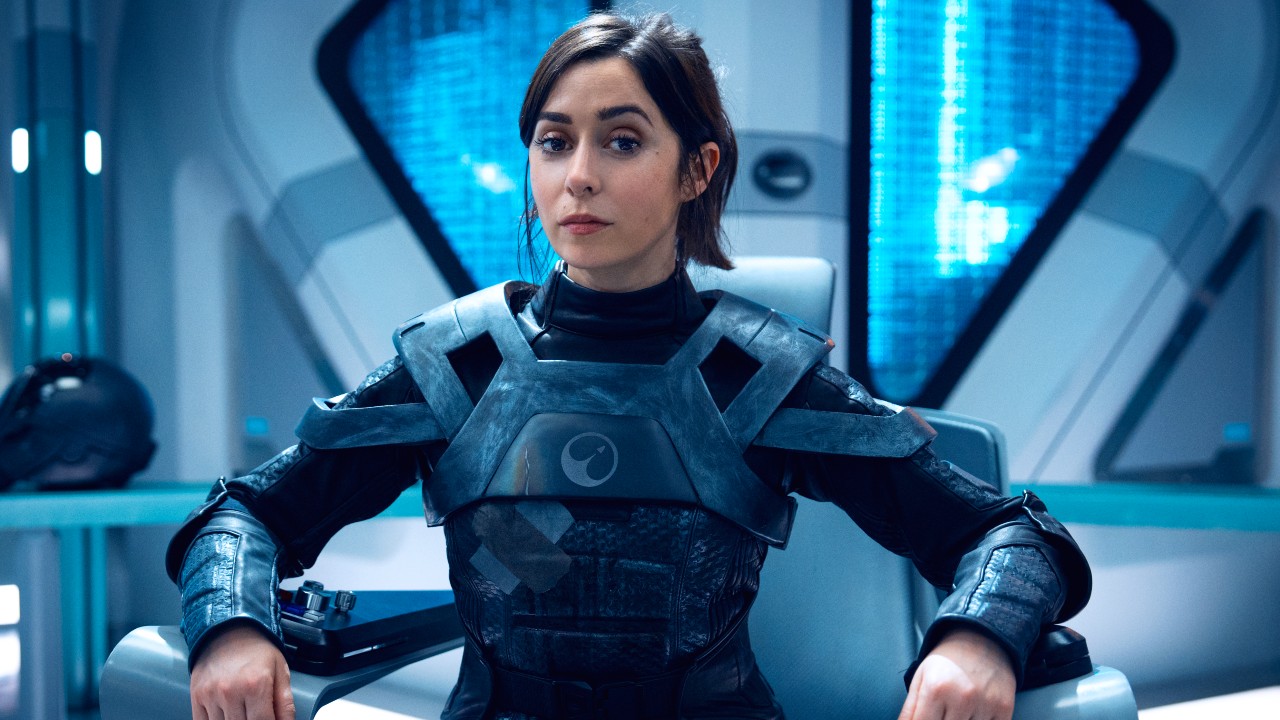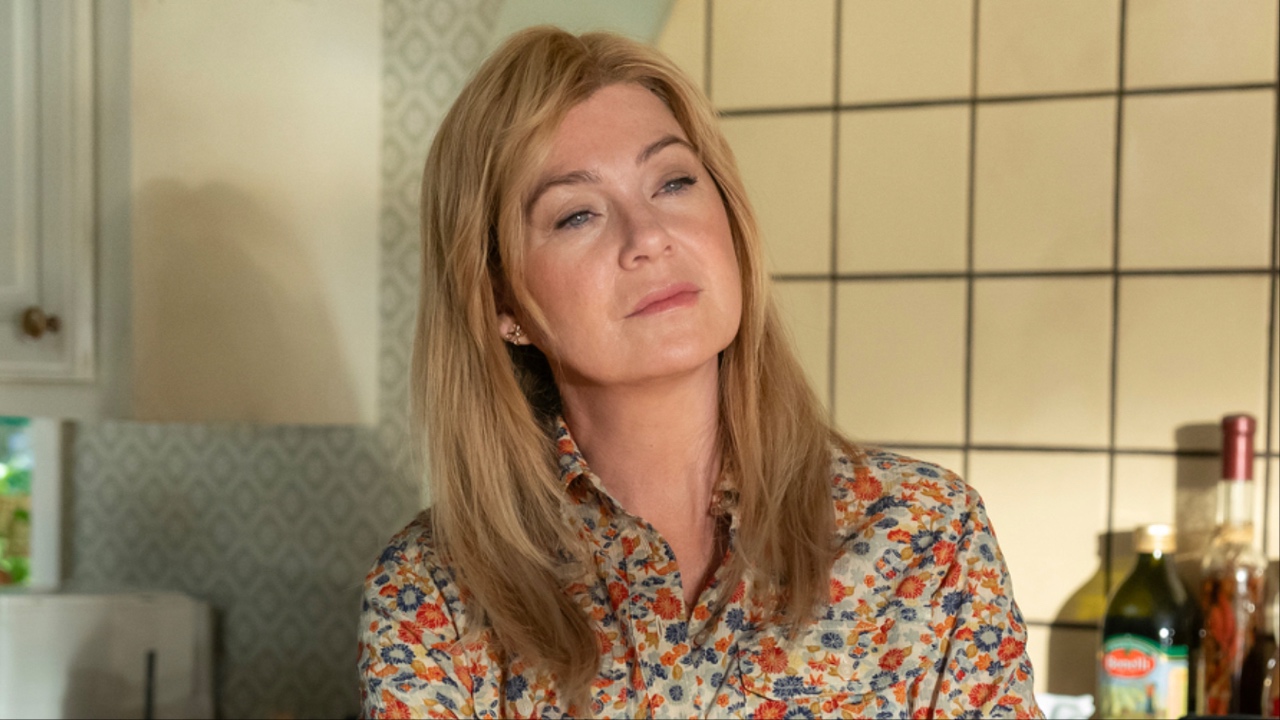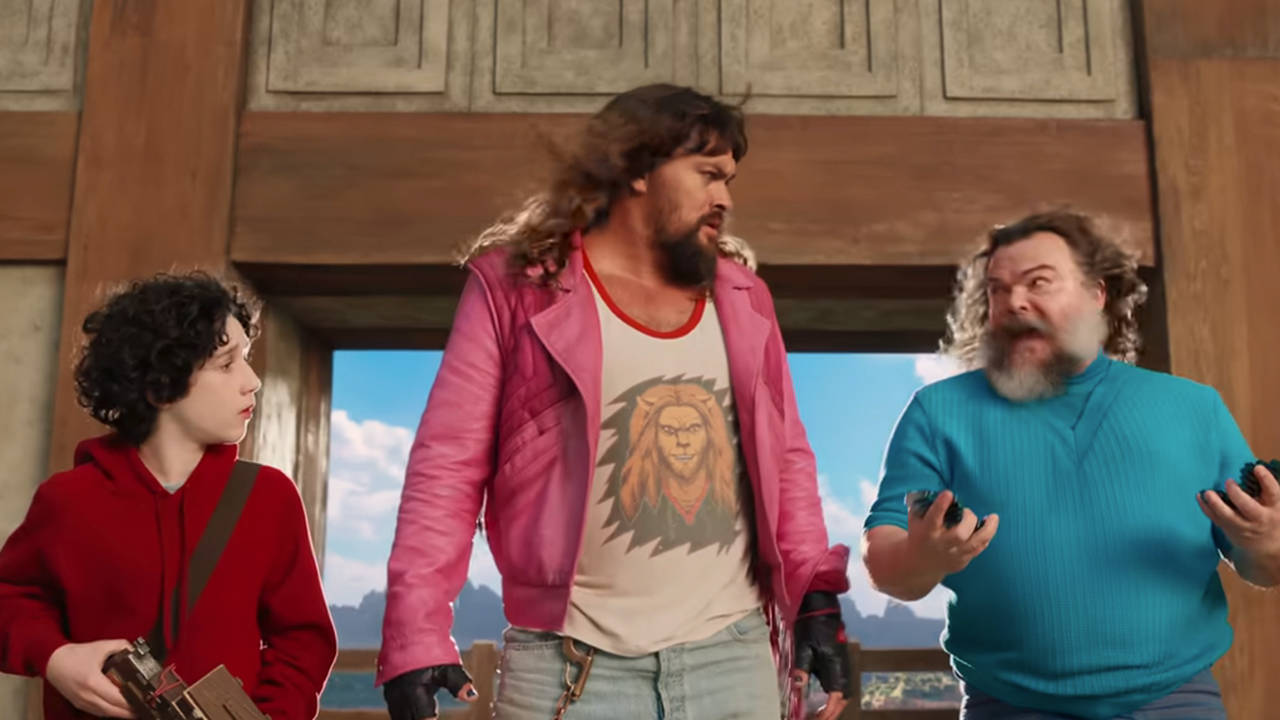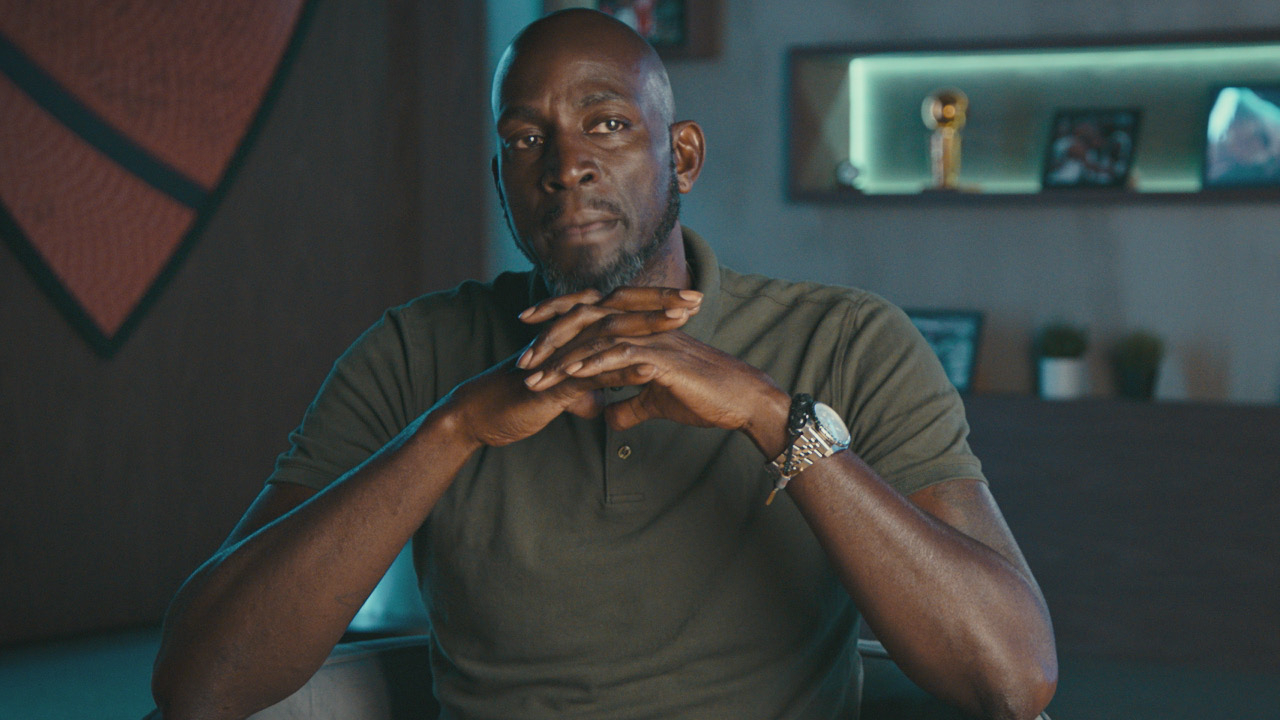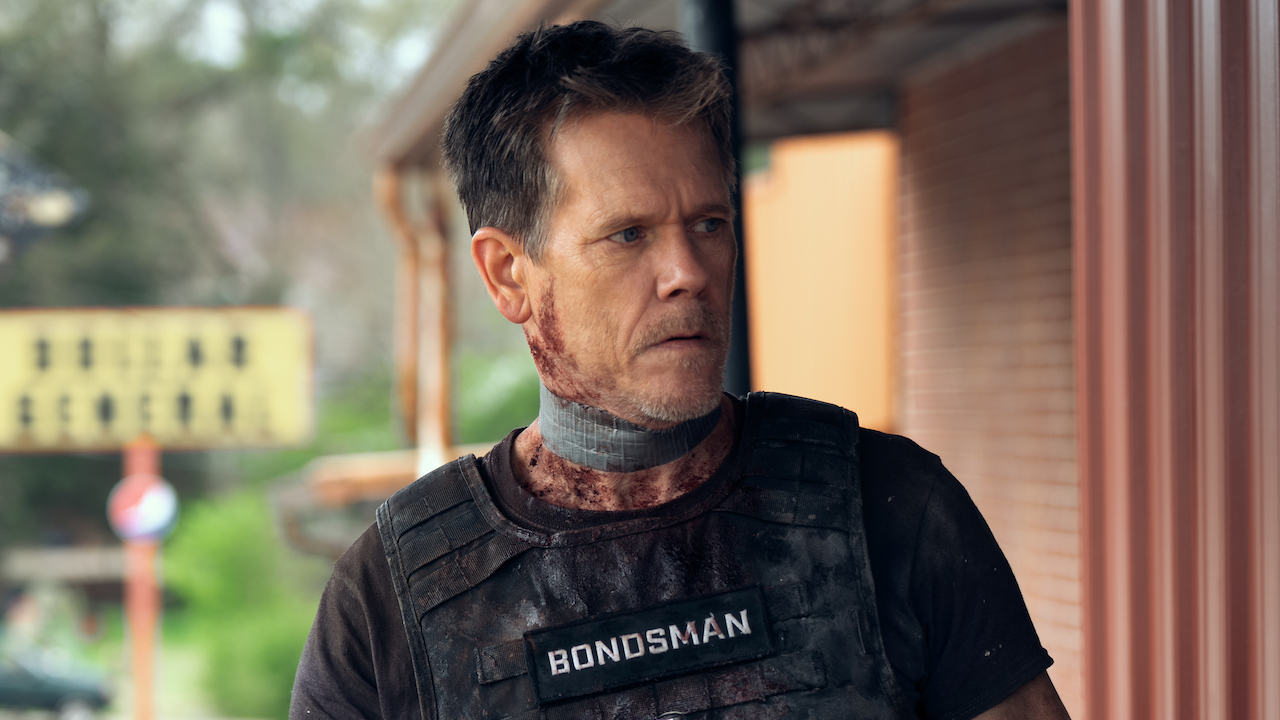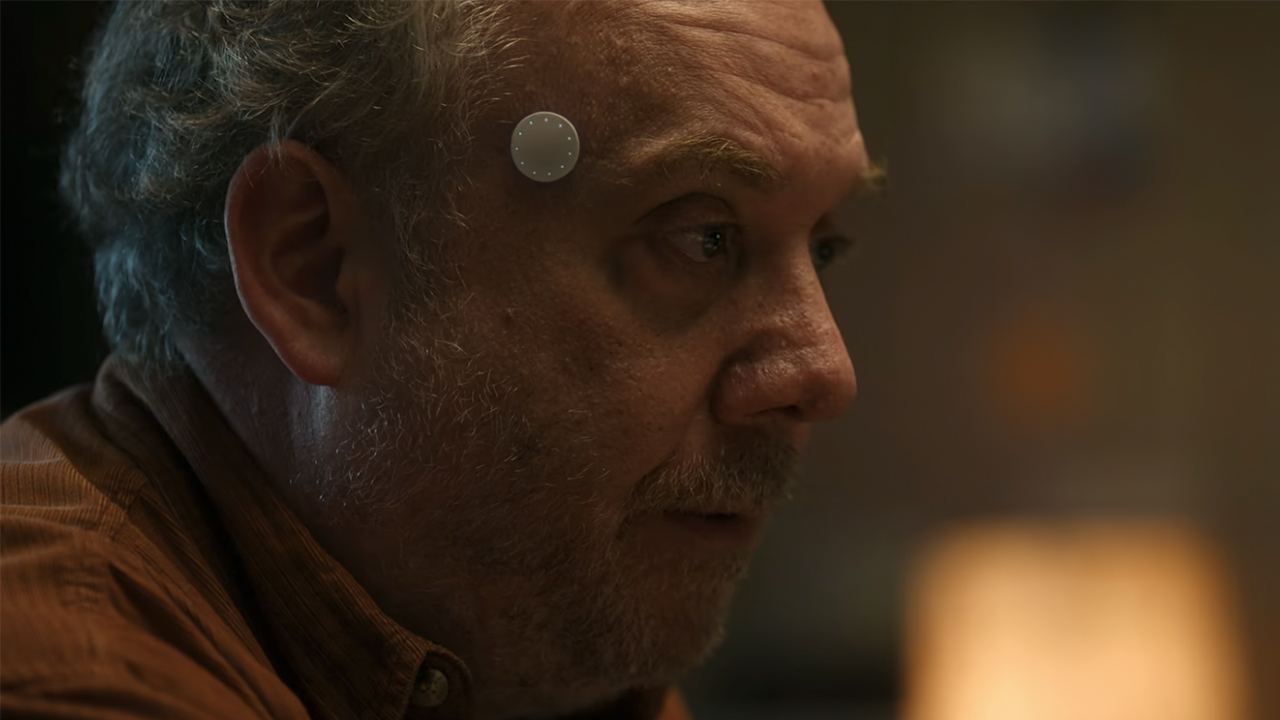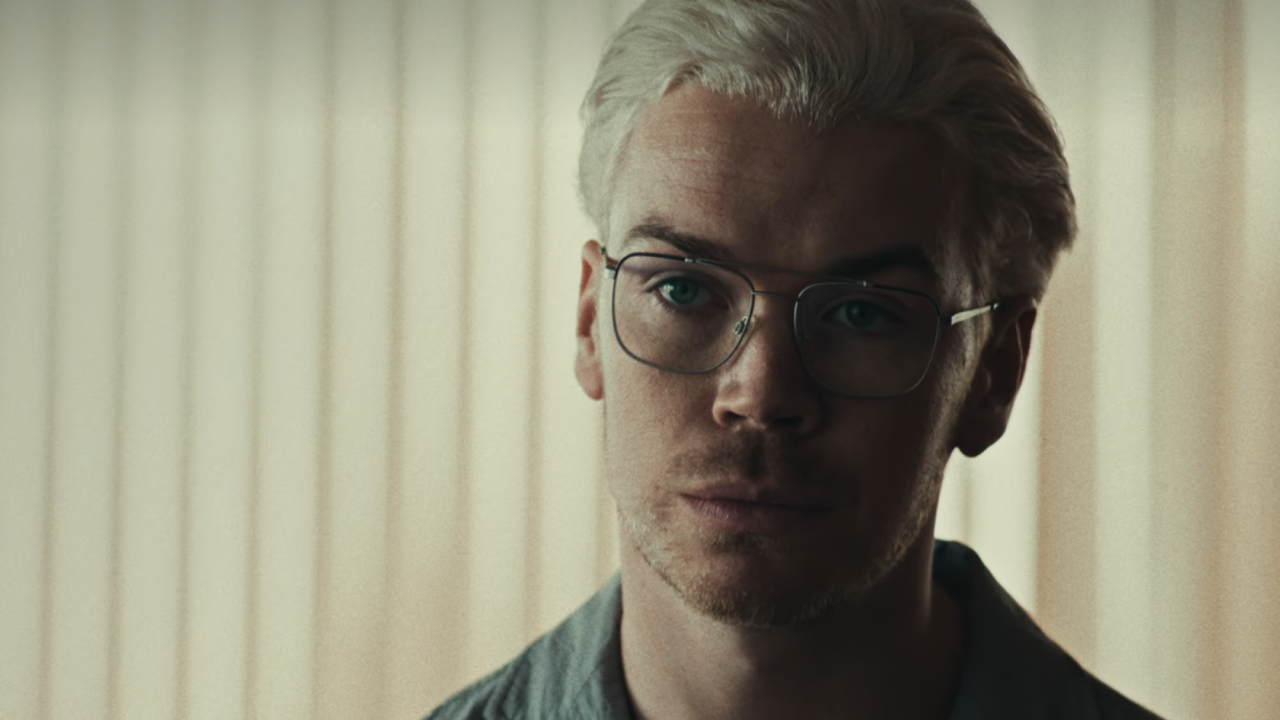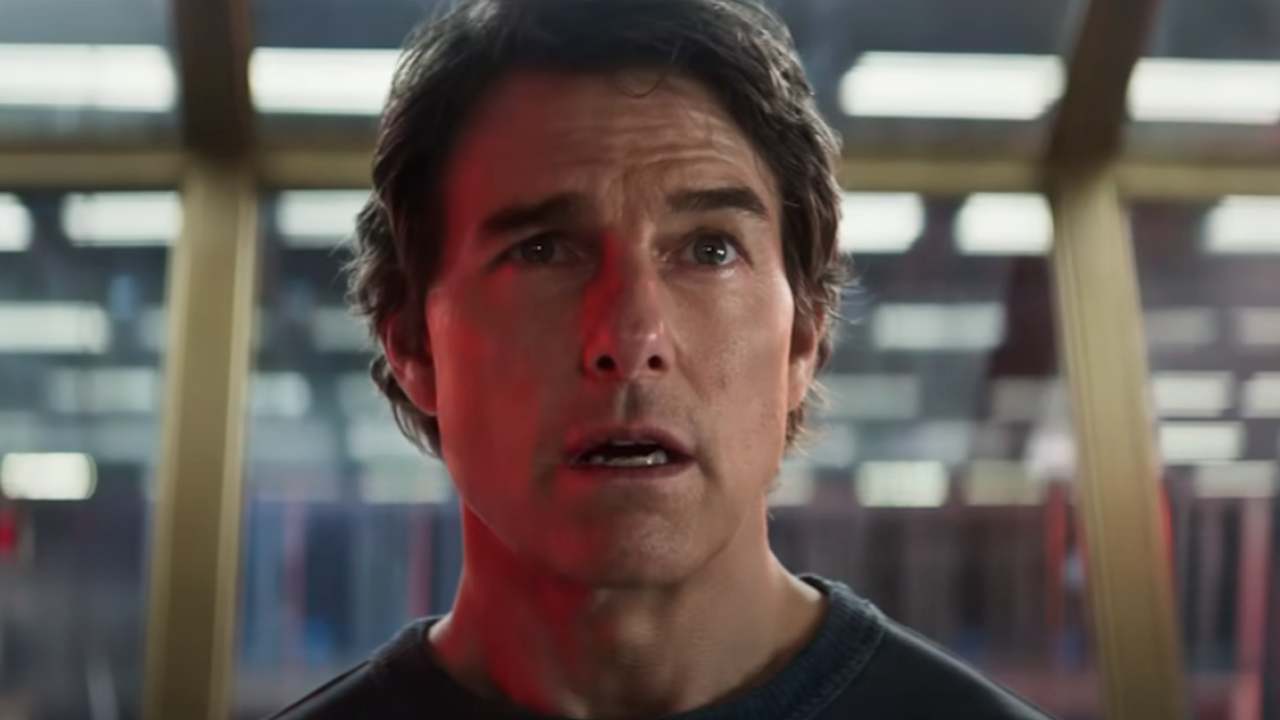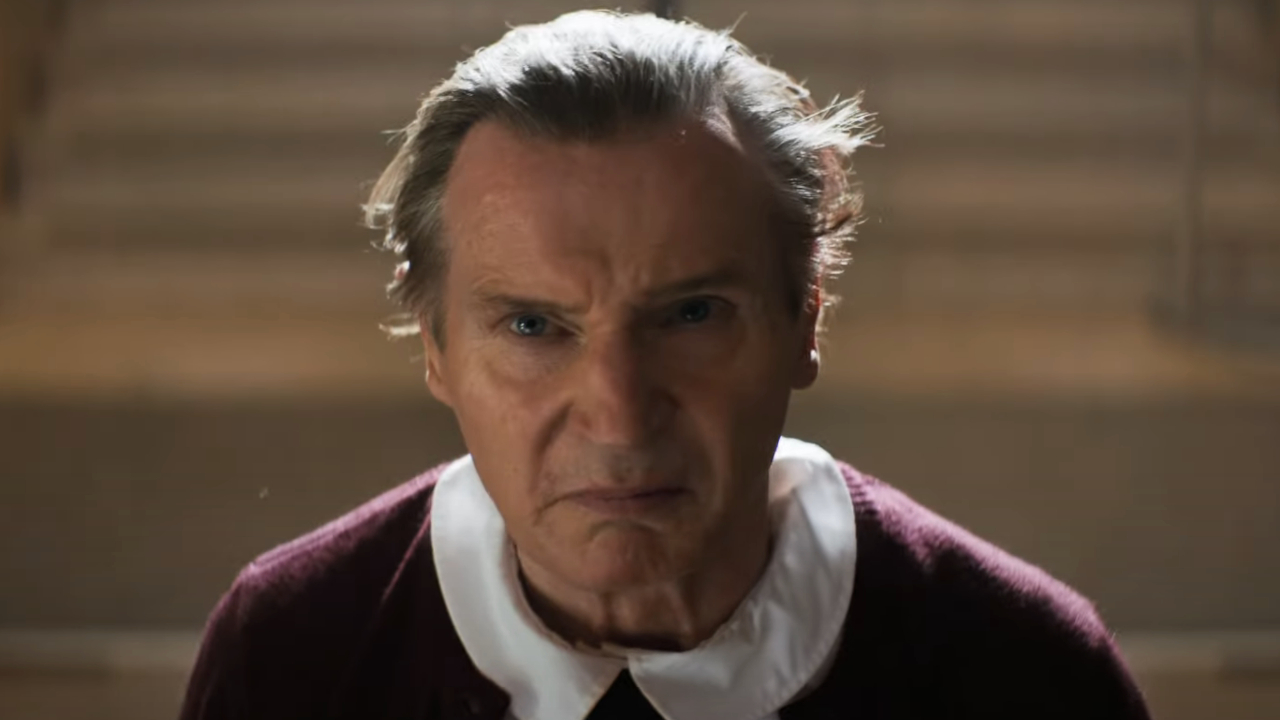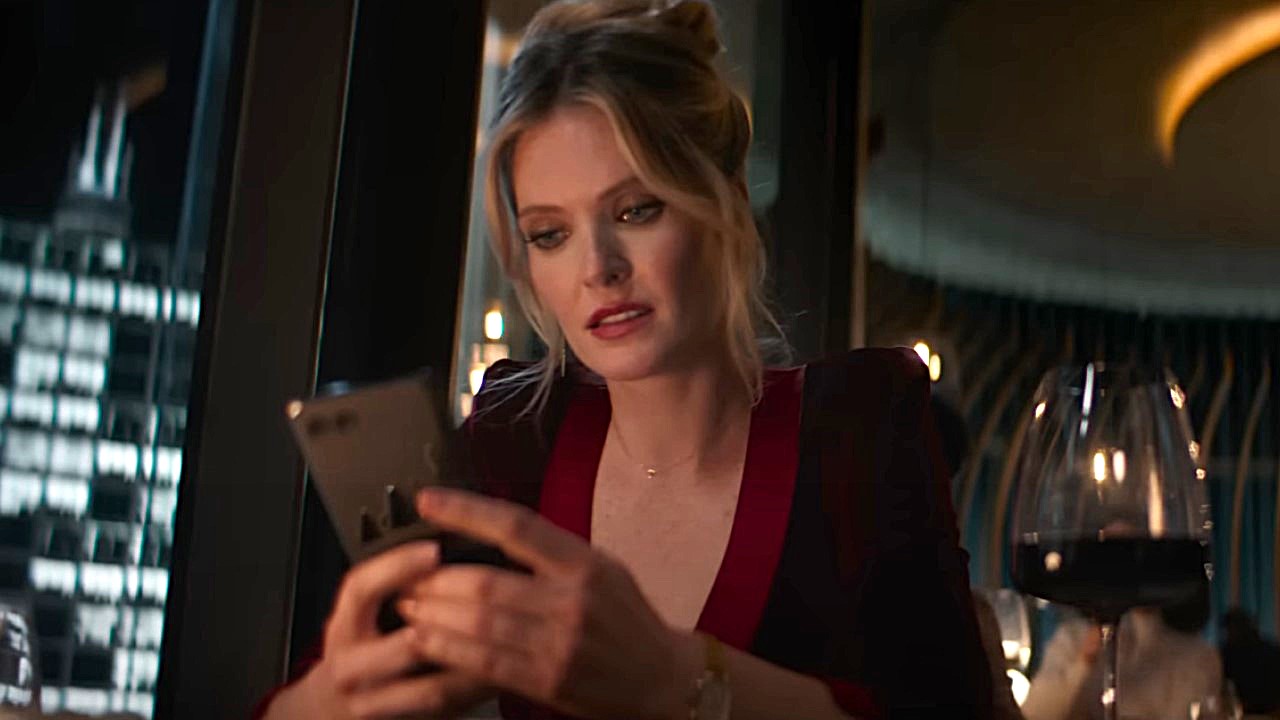With Dune's Success, Can Stephen King's The Dark Tower Finally Be Properly Adapted?
The quest of Roland Deschain deserves a proper adaptation.
This past Tuesday, science-fiction history was made. With the news that Dune will officially be getting a sequel, the idea that Frank Herbert’s brilliant novel is “impossible” to adapt for the big screen in its full scope has finally been dismissed, as writer/director Denis Villeneuve has been given the green light to complete his epic vision for the beloved book without any major compromises or cuts in the treatment of the source material. It’s a moment very much worthy of celebrating, not only because it properly rewards the stunning vision of the filmmaker and his incredible creation, but also because of the precedent it could potentially set for other adaptations that have long been deemed “impossible.”
So let’s talk about Stephen King’s The Dark Tower.
While the last five decades or so have seen the works of Stephen King brought to life in spectacular fashion – from Carrie to Stand By Me to The Shawshank Redemption to Doctor Sleep – the great exception has long been the author’s magnum opus: the legend of Roland Deschain, which unfolds across nine novels that were released between 1982 and 2012. Hollywood has definitely made efforts to adapt it, the most recent being a television series developed by Amazon that ended up being abandoned. However, to date the only iteration to actually make it to and through the production phase has been Nikolaj Arcel's 2017 film, and that’s an effort that barely scratches the surface of what The Dark Tower should be in live-action (and that’s probably the nicest thing you’ll ever get me to say about it).
Now looking at the success of Dune, one has to wonder if there is potential for things now to be different. There’s no question that executing Denis Villeneuve’s vision was a gamble, but now that the gamble has paid off, one hopes that it might be possible that a studio could take a similar risk in bringing The Dark Tower to the big screen… and beyond.
What The Dark Tower Is About, And Why It’s So Hard To Adapt
For the uninitiated, The Dark Tower series is primarily set in an alternate reality known as Mid-World and follows the aforementioned Roland – the last of a legendary order known as gunslingers – as he journeys toward the titular monolith that stands at the center of the multiverse. Ever trying to impede the protagonist’s path is The Man In Black a.k.a. Walter O’Dim a.k.a. Randall Flagg, a powerful and nefarious sorcerer, but Roland finds support in his Ka-tet, a group of friends from our reality that join him in his quest: Jake Chambers, a pre-teen from 1980s New York; Eddie Dean, a heroin addict from the same time and place as Jake; and Detta Walker/Odetta Holmes, a civil rights activist with dissociative identity disorder from 1960s New York.
Unlike Dune, what makes The Dark Tower series such a complicated work to adapt isn’t really a matter of “practicality” – which is to say that it isn’t a production that would demand an extreme visual effects budget to build worlds unlike anything represented on Earth. On the contrary, while it certainly does get heavy into science-fiction, it's also heavily steeped in the classic Western aesthetics (a notably low budget genre). The challenge rests more in the extreme demand for long-term commitment. Making a proper live-action incarnation of Stephen King’s epic requires any studio making it to develop adaptations of every single book, and there’s no question about it: that’s a hell of a lot to ask.
Why The Streaming Age Opens Up New Opportunities For The Dark Tower
While it didn’t end up coming together, the best plan to adapt the Dark Tower series was the one developed by Universal Pictures and Imagine Entertainment between 2010 and 2015. At that time, the goal was not just to make a string of theatrically released blockbusters, but to use a mix of both movies and television miniseries to properly match the scale of each story. Reading the novels, you can’t instantly tell exactly how they should unfold in this fashion, as some of the narratives can fit in 120-150 minutes, but others would require much more real estate. For example, The Gunslinger, the first book in the series, could easily fit in a single feature, but the second book, The Drawing Of The Three, would need at least five if not 10 hour-long episodes to be properly adapted.
CINEMABLEND NEWSLETTER
Your Daily Blend of Entertainment News
It was when that blueprint fell apart that Universal Pictures let The Dark Tower go to Media Rights Capital and Sony Pictures, resulting in the sub-90 minute 2017 movie – but what must be recognized now is that, despite only four years having gone by, we are now effectively in a new era of filmmaking. Studios are now aiming to both make blockbusters that will hopefully pull in hundreds of millions of dollars at the box office, and also build out content libraries for their proprietary streaming services. If committed filmmakers were permitted the ability to pursue a strategy similar to what Universal and Imagine cooked up a decade ago, Roland’s quest could be a part of both those channels.
With this plan, there could be multiple suitors. While Disney/Disney+ definitely wouldn’t work given the adult content of the source material, the combo of 20th Century Studios and Hulu is a different story. Warner Bros., which has a history of producing ambitious Stephen King adaptations, could certainly be a good home thanks to the growth of HBO Max; and Universal could possibly reenter the picture thanks to their desire to make Peacock a big thing. There are many potential homes; the question is which one will recognize the immense potential of the Dark Tower series.
Dune, of course, is not the first adaptation to reject the “impossible” stamp. Peter Jackson’s Lord of the Rings trilogy should forever be recognized for the unreal effort that it is; Zack Snyder’s Watchmen is a spectacular cinematic realization of Alan Moore and Dave Gibbons’ comic; and we’ve even seen miracles worked before with the books of Stephen King, as Andy Muschietti’s IT and IT Chapter Two do wonderful justice to the epic novel they are based on. In the wake of the Dune: Part Two news, however, the idea of a major studio finally committing to The Dark Tower in a massive way feels more than ever like a real possibility, and my fingers are tightly crossed that the moment is seized.

Eric Eisenberg is the Assistant Managing Editor at CinemaBlend. After graduating Boston University and earning a bachelor’s degree in journalism, he took a part-time job as a staff writer for CinemaBlend, and after six months was offered the opportunity to move to Los Angeles and take on a newly created West Coast Editor position. Over a decade later, he's continuing to advance his interests and expertise. In addition to conducting filmmaker interviews and contributing to the news and feature content of the site, Eric also oversees the Movie Reviews section, writes the the weekend box office report (published Sundays), and is the site's resident Stephen King expert. He has two King-related columns.
